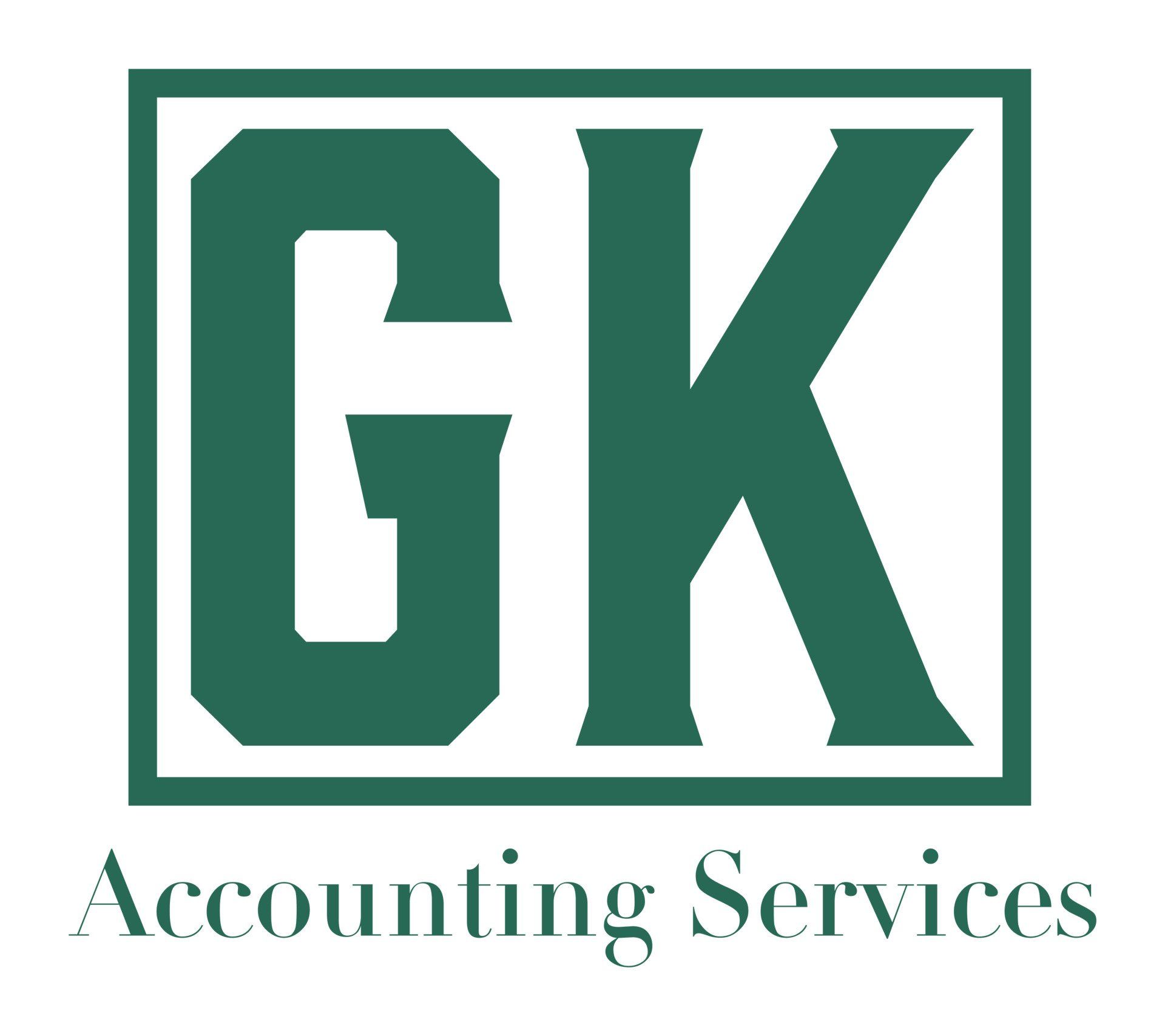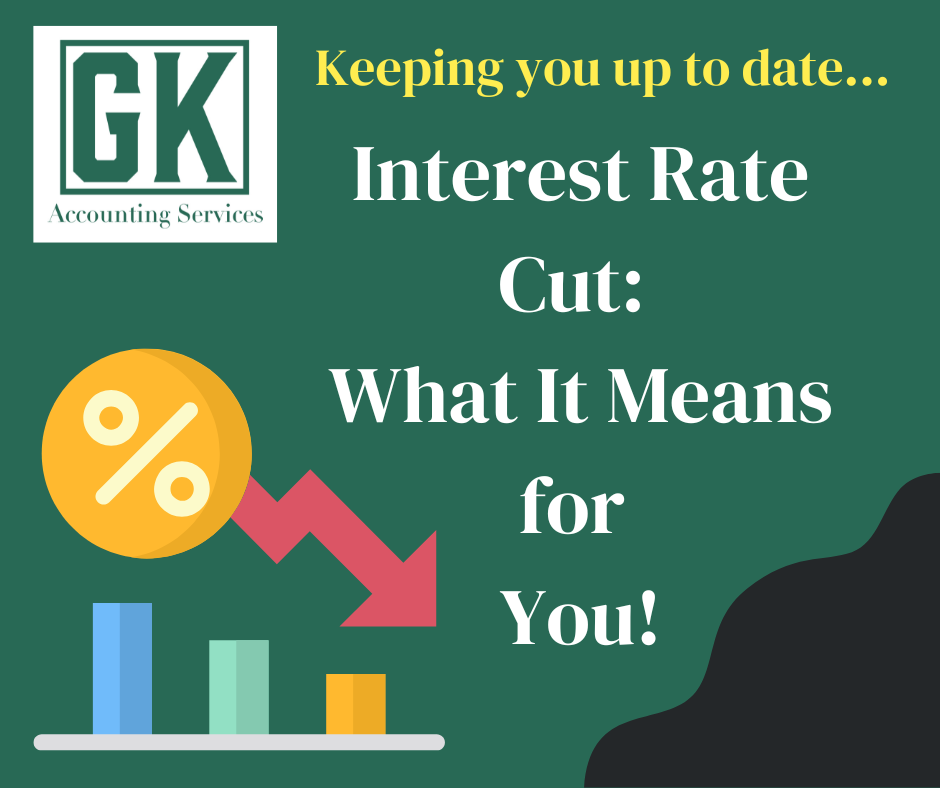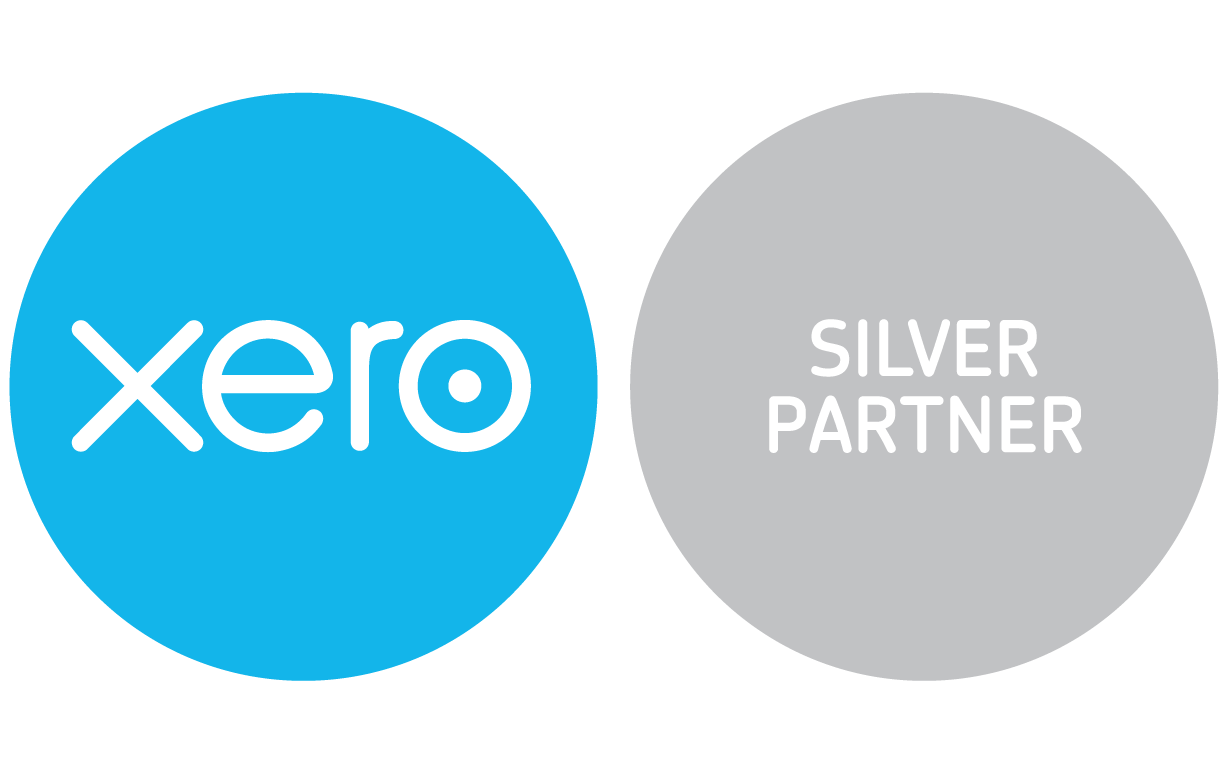Client vs Staff Entertaining Expenses – Are they allowable expenses?
Entertaining clients and staff are often necessary aspects of running a successful business.
Client entertaining is all about building relationships and enhancing networks. It is essential to get to know your client, but also allow them to get to know you, and before you know it, you will secure that deal or sign up for that long-awaited contract.
On the other hand, fun at work is crucial in keeping employees happier and creating a positive mindset. It is believed that happier employees are more engaged, therefore, will have higher productivity levels and create a happy working environment.
When it comes to the money side of client and staff entertaining is crucial to understand where you can save money and which expenses and deductibles.
It seems that staff and client entertainment would be classed as allowable expenses; however, that is not the case. Staff entertaining costs are considered an allowable business expense, but client entertaining also referred to as business entertaining, is not.
Client entertainment
What is an entertainment expense?
According to HMRC, entertainment can involve eating, drinking and other hospitality.
Types of entertainment include:
- ‘business entertainment’ of clients - e.g. discussing a particular business project or forming or maintaining a business connection
- ‘non-business entertainment’ of clients - e.g. entertaining a business acquaintance for social reasons
When it comes to client entertainment, unfortunately, this is not tax-deductible, nor can you reclaim VAT. You can still entertain clients or potential clients, and while doing so, make sure to pay through your business account as this will make it more tax efficient. As established previously, business entertainment expenses are not deductible for Corporation Tax purposes; however, if you decide to pay for business entertainment costs out of your own pocket, you will have to pay income tax on the dividends/salary you extract from your company first.
Staff entertaining.
As mentioned earlier, staff entertaining falls under the allowable business expenses. Anything from team-building exercises to Christmas parties is tax-deductible, and you can reclaim VAT. Several strict rules must be followed to make staff entertaining eligible, for example:
· The costs occurred solely to entertain employees (former employees, subcontractors and shareholders who do not work in the business do not qualify)
· An employee must be an individual who is on payroll or on salary
· There is a cap of £150 per guest, if the costs exceed the £150 threshold, the event cannot qualify, and it falls under taxable benefit
· The £150 cap does not have to apply to a single event. The costs can be accumulated over several functions as long as they do not exceed the £150 per head annually
· The event must be open to all employees
· Additionally, you can entertain employees and non-employees at the same event; however, only costs spent on employees can be tax deductible
If you would like more advice regarding staff and business entertaining, please contact us at info@gkaccountingservices.com or call us on 07861136704, where we will be more than happy to answer any of your questions.





